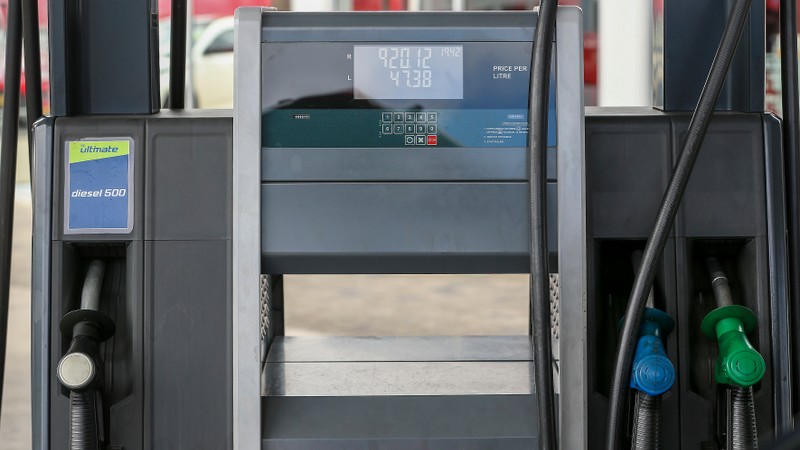
CONSUMERS STILL TO FEEL PRICE PRESSURES IN SPITE OF FALLING PETROL PRICE
Consumers in South Africa are expected to continue feeling the price pressure and high borrowing costs in spite of the significant petrol price cuts in June and July, following four consecutive hikes this year.
This comes as motorists are to pay R23.26 per litre to fill up with 95 unleaded petrol and R22.86 for unleaded 93 – 99 cents less; just over R1 less than in June respectively, after the new petrol price cut came into effect yesterday.
Koketso Mano FNB senior economist said a combination of lower oil prices, lower refinery margins, as well as a less depreciated rand had supported these fuel price cuts.
“When we think about the oil market, you know the fact that the market is finally balanced means that prices will be sensitive to sentiment and economic data. So despite some interest rate cuts that we have seen being delivered by several central banks around the world, monetary policy is expected to remain largely restrictive at least until inflation falls convincingly towards targets,” Mano said.
“So this should contain demand weighing on oil prices. But that said, higher demand in the Northern hemisphere over the summer should temporarily support prices. In addition, continued geopolitical tensions as well as climate risks should uphold some risk premium on commodity prices.
Debt Rescue CEO Neil Roets yesterday said they had seen a significant surge in debt counselling enquiries, reflecting a worrying trend in the financial behaviour of South Africans.
Roets said while any drop in the fuel price was welcomed, the recent decline was sadly a drop in the ocean for motorists and commuters who have already been hit with yet another massive hike in electricity prices.
“This will not make any meaningful difference in the lives of most citizens, who can barely afford to put three square meals on the table every day. South Africans are buying less food because of pressure on household finances – and the first items to go are nutritional food sources,” Roets said.
The Automobile Association (AA) pointed out that the decrease in the fuel price in July marked the first time this year that prices have fallen for two consecutive months.
“Although fuel will be cheaper in July, we remain concerned about the overall soaring prices impacting all consumers. A sustainable solution to mitigating rising fuel costs is still necessary and until that solution is found citizens will be at the mercy of fuel price hikes,” said the AA.
“We implore the new administration to prioritise finding sustainable solutions to rising fuel costs by conducting a long overdue and transparent review of the fuel pricing structure,” it said.
The trade union United Association of SA (Uasa) said consumers remained under pressure despite the gradual drop in fuel prices.
But Uasa’s spokesperson Abigail Moyo said they trusted that the knock-on effect would stem inflation and result in lower prices in public transport and lower costs in the food, agricultural, and manufacturing sectors.
“While the decrease is welcome, the average South African still struggles to fill their tank or afford public transport. The Department of Minerals and Petroleum Resources should review the fuel pricing structure to provide relief for workers,” Moyo said.
“Minerals and Petroleum Resources Minister Gwede Mantashe must take note that most South Africans merely survive by trying to make it through the month. The minister must consider the basic needs of consumers. Uasa urged Mantashe to ”push for a pricing structure review to help make fuel prices affordable again”.
BUSINESS REPORT
2024-07-04T02:54:22Z dg43tfdfdgfd
